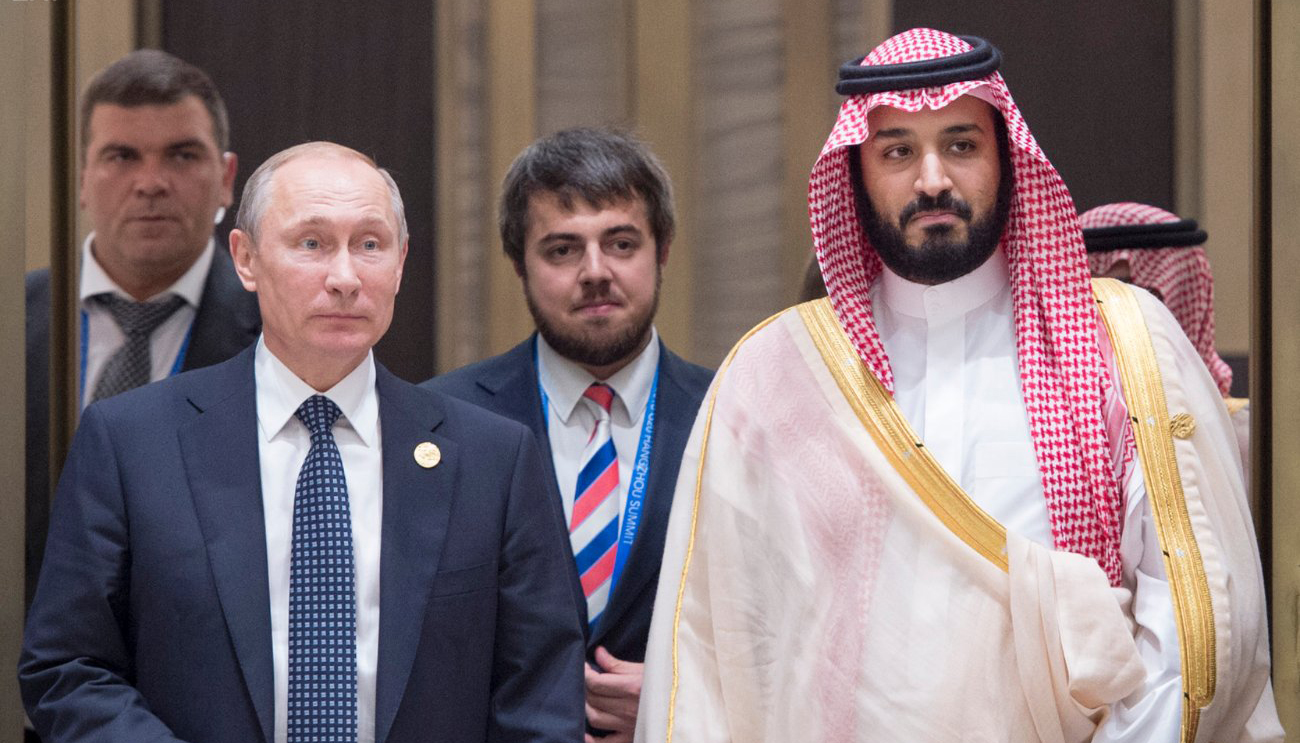OPEC and Russia are facing a “crucial test” on Thursday at a meeting in Vienna as Saudi Arabia and Russia seek to come to an agreement on oil output.
Oil traders are expecting OPEC to announce a nine-month extension to supply caps that are currently due to finish at the end of March 2018, but such an agreement is far from a done deal. According to Reuters, six ministers from OPEC and non-OPEC oil producers including Saudi Arabia and Russia met in Vienna on Wednesday – one day ahead of a full OPEC gathering – and recommended extending the cuts to the end of 2018. While an extension of the cuts is likely, the amount of time that the producers will agree to the cuts is less certain.
“The market has not been fully balanced yet. Joint efforts are needed after April 1. Everybody has recommended that the agreement could be extended and tomorrow such concrete details will be discussed,” Russia’s Energy Minister Alexander Novak said following today’s meeting, according to Reuters.
Following Russia’s pact with the Organization for Petroleum Exporting Countries, led by Saudi Arabia, to curb supplies a year ago, prices have climbed on international indices. But the new agreement has changed the balance of power at OPEC meetings now attended by non-member Russia, Bloomberg reports. Russian President Vladimir Putin now has a powerful voice in the new alliance, with Bloomberg citing one source as saying that Russia is now “calling the shots.”
“Putin is now the world’s energy czar,” said Helima Croft, a former Central Intelligence Agency analyst who directs global commodity strategy at RBC Capital Markets LLC in New York, as reported in Bloomberg.
“To be sure, it’s an uneasy alliance. The Saudis, the world’s largest exporter and already unhappy about bearing the brunt of the cuts, complain that allied producers aren’t fully complying. They’re also growing frustrated with Russia’s reticence to prolong the curbs, according to a person briefed on the Saudi view.”
The Saudi-Russia thaw over the last year on the back of the OPEC-Russia output deal led to a state visit to Moscow in October by King Salman, the first sitting Saudi monarch ever to visit Russia. The King led a delegation that agreed joint investment deals worth several billion dollars.
“For Saudi Arabia, having to share output decisions with Russia, an ally of its arch-enemy Iran in the Syrian civil war, is a bitter pill to swallow,” energy reporter Javier Blas wrote in Bloomberg. “In the past, the Saudis could impose their will on prices and punish rivals by flooding the market, as they did against other OPEC members in 1985-86, Venezuela in 1998-99 and the U.S. shale industry in 2014-15. Russia was an afterthought….But now the Saudi economy is reeling and the kingdom needs higher crude prices as much as everyone else.”









